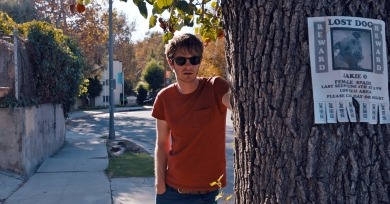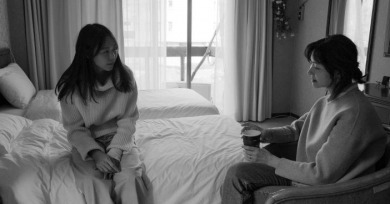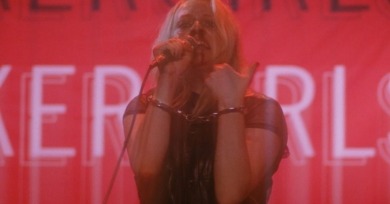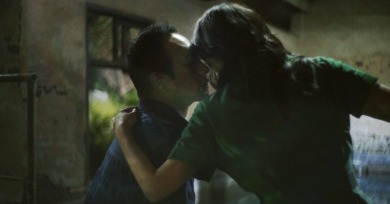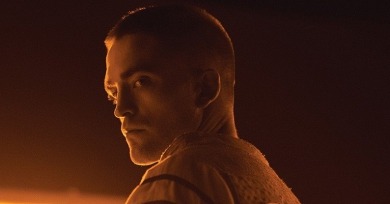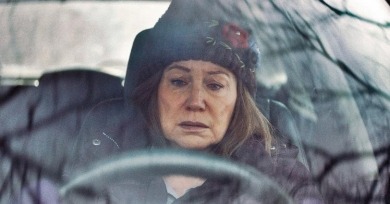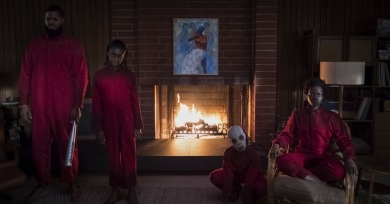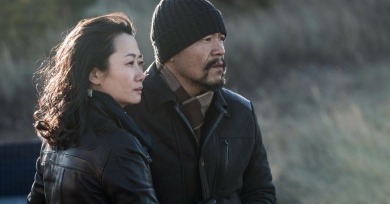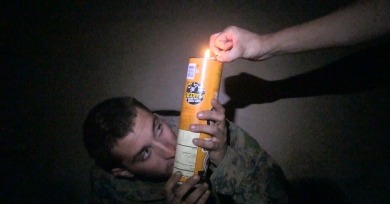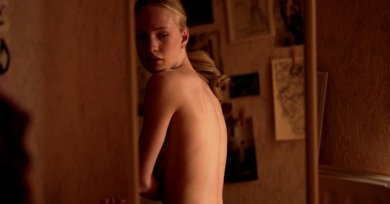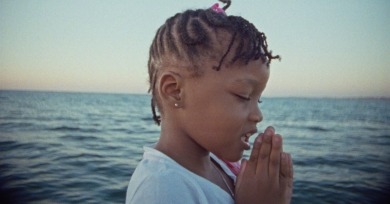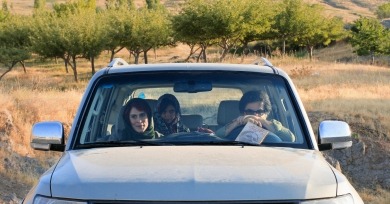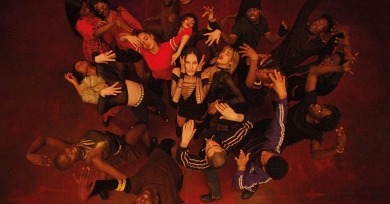Reviews
Mitchell crafts a shaggy dog mystery with various potentially aimless threads to create a pervasively hallucinatory atmosphere that suggests danger behind every corner and answers just out of reach.
Rafiki was banned by the Kenya Film Classification Board ahead of its Cannes premiere in 2018, yet it was not erotic content that unnerved those in power and triggered censorship. Instead, it was her compassionate handling of the young love between Kena Mwaura and Ziki Okemi.
The repetitiveness of his project lulls us into surprising moments of realization. We are trained, as when Ji-young repeats herself, to fix our eyes on the slight alterations between films.
Elisabeth Moss plays the character at the center of this swirling psychological vortex, and does so with a reckless abandon that is cathartic and very impressive, if not slightly unnerving in its commitment.
There is some satisfaction that comes in seeing motifs and symbols established within the first part of the film as they re-emerge in the galvanizing high-wire act performance of the second, though I am unconvinced that the seeding of these symmetries can entirely justify the moribund experience of what has preceded.
In typical Denis fashion, she presents the story through an unfolding series of sensory details: a humid garden, a pile of lifeless bodies, a gathering puddle of sweat and semen.
Diane asks what it means to build your life around other people, and what happens when those people begin to slowly disappear.
Peele unleashes a bevy of conceptual ideas about race, class, and American-ness that are only difficult to grasp if the viewer is not really looking. Us is supremely confident filmmaking, a thrill ride shot through with existential urgency.
The theme of honor among thieves, and its embedded suggestion that outlaw principles are a form of resistance in a fundamentally lopsided society, is fulfilled at epic length in the new Jia Zhangke crime drama Ash Is Purest White.
The slow escalation throughout the film builds to show quite clearly how the confluence of time, boredom, prejudice, and weaponry create a situation with devastating consequences for all involved.
There is not much the audience is allowed to learn about Lara beyond her being trans and a ballerina. To make matters worse, Dhont makes a visual obsession out of her anatomy and otherness.
The transfixing close-ups of Jamaicans are evidence that the eye is the window to the soul; each dead-on stare into the lens heightens the personal and political histories overlaid on the soundtrack.
3 Faces is the most freeform and expansive of the cycle of movies that has come to define the latter part of his filmography, and, crucially, it is the film that brings him back to the feminist concerns that fueled so many of his definitive earlier works.
What suffers the most from this LSD-induced breakdown of social order is the sanctity of distinctly hetero-normative values: the innocence of the child, the heterosexual couple, the pregnant mother.
